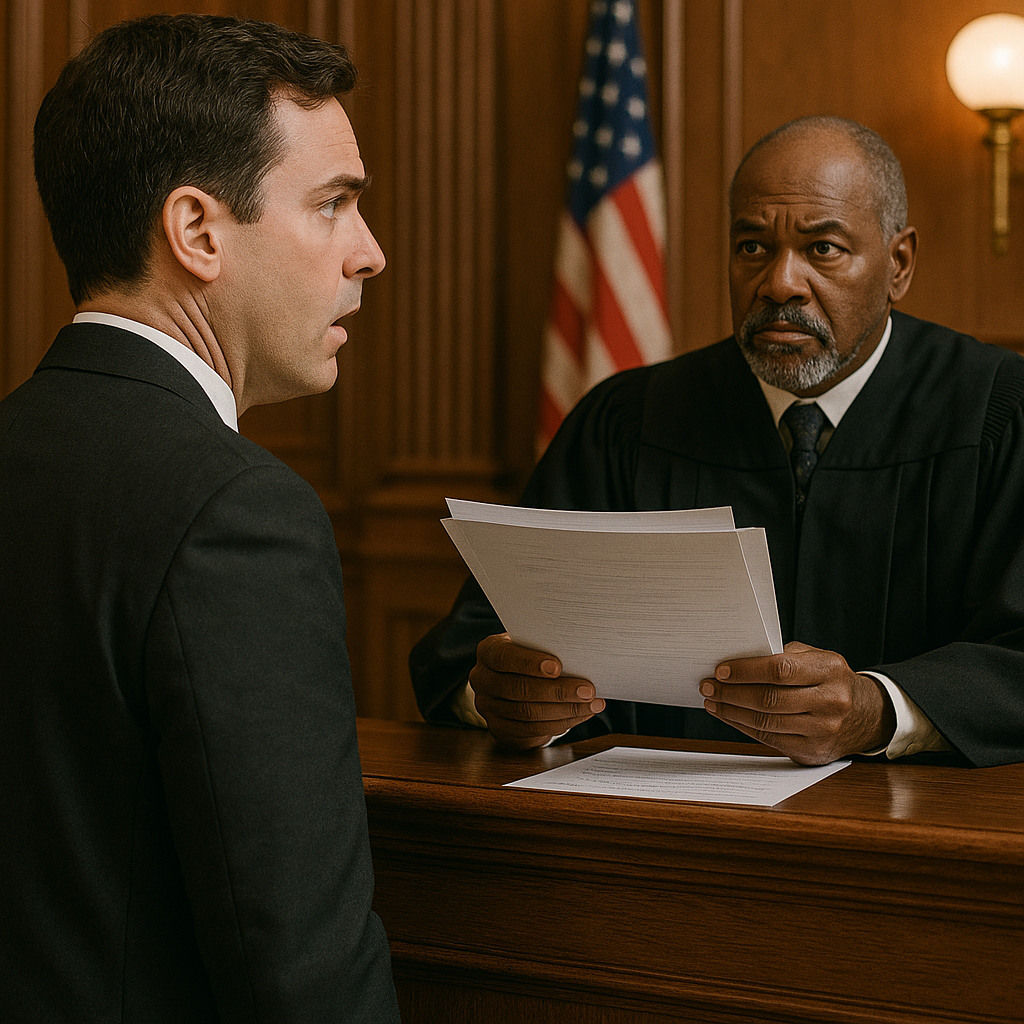Those involved in insurance appraisals as appraisers or umpires should purchase John Voelpel’s new book, The Appraisal Process: Resolution of Disputed Insurance Claims. John has taught the Windstorm Insurance Networks sold-out appraisal courses for over twenty years.
Voelpel is as experienced as anybody regarding appraisal. His personal notes about appraisal are part of why the book was a fascinating read for me. For instance, he noted:
I recently flew back home after traveling out of state to umpire an Appraisal. During my journey, I had a conversation with a fellow passenger. During our conversation, we eventually asked about each other’s occupations. After I explained I spent most of my time acting as an umpire in the Appraisal process and what that entailed, my co-passenger asked whether the insured parties were too greedy or if the insurance companies were trying to take advantage of them, leading to an Appraisal. My answer was a resounding “neither.” I then explained the reason most claims went to Appraisal was that the lines of communication were terminated prematurely. Both sides failed to attempt to restore communication so that the other side could understand their concerns. As a result, one of the parties demanded Appraisal.
Are the proceedings to an appraisal confidential? The policy does not say anything about it, but many appraisers and umpires believe they should be so. Voelpel has this view, which has held up in court:
I believe so strongly that deliberations are confidential to the Appraisal panel that on two occasions I have retained counsel to file a motion with the Court to prevent testimony on this issue. Both times the motion was granted. I have also consulted with numerous Judges and Retired Judges on this issue. All of them agree that deliberations are confidential to the Appraisal panel.
I will see if I can get the orders on that issue for readers of this blog.
The book chapters cover many practical issues that come up in the appraisal process:
Chapter 1 What Is Appraisal?
Chapter 2 The History Of Appraisal
Chapter 3 Appraisal Provisions
Chapter 4 Is The Matter “Right” For Appraisal
Chapter 5 Is The Matter “Ripe” For Appraisal
Chapter 6 Invoking The Appraisal Process
Chapter 7 Memorandum Of Appraisal
Chapter 8 Choosing The Appraiser
Chapter 9 Choosing The Umpire
Chapter 10 Role Of The Appraiser
Chapter 11 Role Of The Umpire
Chapter 12 Preparing Documents
Chapter 13 Exchange Of Documents
Chapter 14 Involvement Of The Parties
Chapter 15 Determining Where The Appraisers Differ
Chapter 16 Umpire Meeting
Chapter 17 Deliberations
Chapter 18 The Award
Chapter 19 Overturning The Award
Chapter 20 Closing Reports And Confidentiality
Chapter 21 Subpoenas, Depositions, And Court Testimony
Chapter 22 Billing For Services
The Appendix has a list of forms and letters that are of practical value to appraisers and umpires.
For those building a library of property insurance law and adjustment resources, you should purchase The Appraisal Process: Resolution of Disputed Insurance Claims by John A. Voelpel III. I also own and often refer to Jonathan Wilkofsky’s treatise, The Law and Procedure of Insurance Appraisal (3rd Edition).
Thought For The Day
Discourage litigation. Persuade your neighbors to compromise whenever you can. Point out to them how the nominal winner is often a real loser—in fees, expenses, and waste of time.
—Abraham Lincoln





